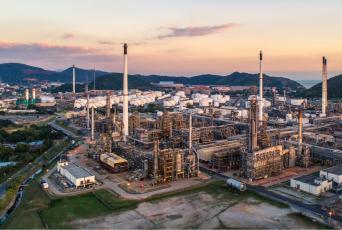I discussed oxygenated gasoline in a recent blog. However, there are more regulated fuel parameters.
The Clean Air Act authorizes EPA to regulate some gasoline and diesel fuel parameters to reduced emissions. These programs include:
- Reformulated gasoline (RFG)
- Sulfur (gasoline and diesel)
- Cetane index and aromatic content for diesel fuel
- Mobile Source Air Toxics (MSAT) for gasoline
- Summer Reid vapor pressure (RVP) for gasoline
For more information on gasoline standards, visit here and here. Click this link for further information on diesel standards. AFPM policy positions can also be found here and here.
In addition, states have some regulatory options. The Clean Air Act permits states to choose from a few regulatory alternatives (with limitations) for nonattainment areas to comply with the federal ozone National Ambient Air Quality Standard (NAAQS). Most of these are summer programs and do not apply in the winter. The primary motor fuel options are reducing gasoline’s RVP in the summer lower than the federal standard and choosing RFG. The non-RFG options are often called “boutique fuels.”
Some states in the Northeast have fuel oil sulfur regulations to comply with the SO2 NAAQS and/or regional haze.
Furthermore, some states have regulatory biofuel programs, i.e., ethanol in gasoline and/or biodiesel in petroleum diesel.
For more information on state regulations, visit here, here and here.
Moreover, there are gasoline specifications in ASTM D 4814 (Standard Specification for Automotive Spark-Ignition Engine Fuel), diesel fuel specifications in ASTM D 975 (Standard Specification for Diesel Fuel Oils), and fuel oil specifications in ASTM D 396 (Standard Specification for Fuel Oils).
There is more. Gasoline octane and retail pump labels are regulated by the Federal Trade Commission; see Automotive Fuels Rating, Certification and Posting Rule (16 CFR Part 306). FTC’s goal is information for the consumer. This rule was amended by the FTC in January 2016; these amendments will be effective in July 2016.


